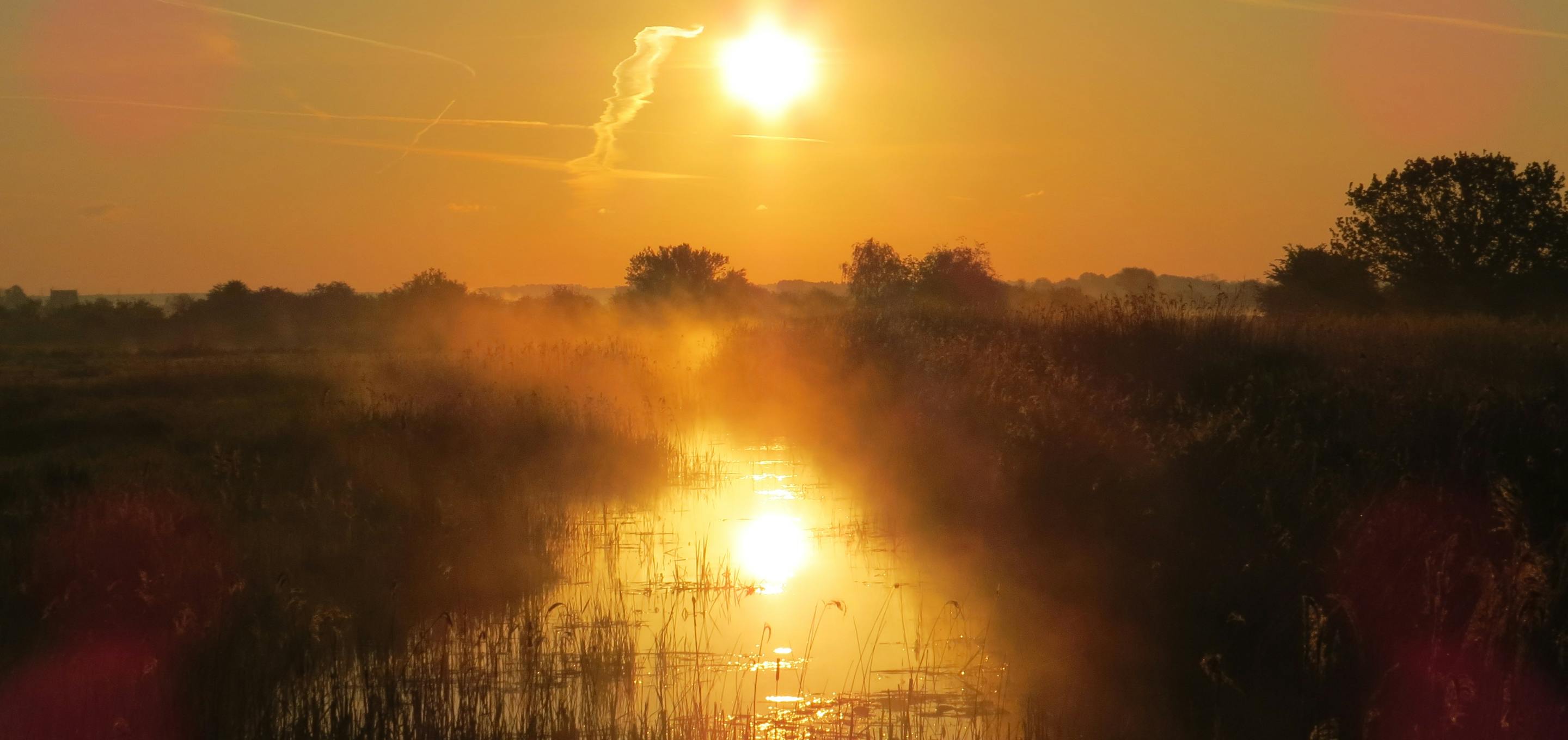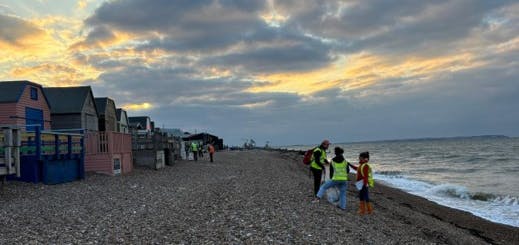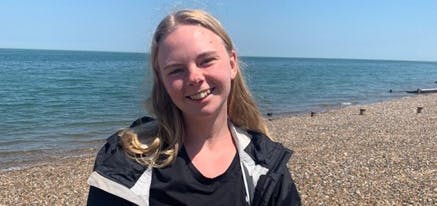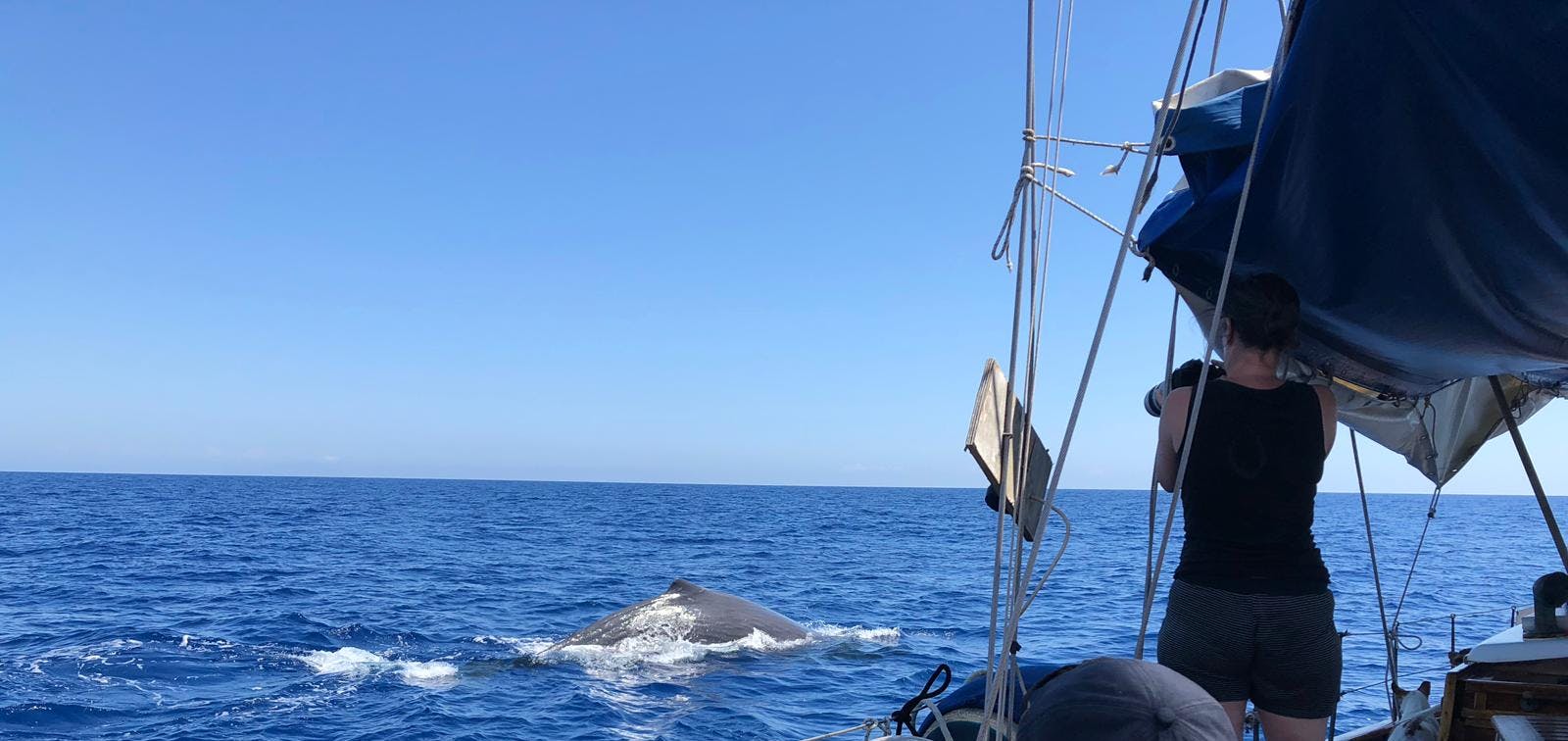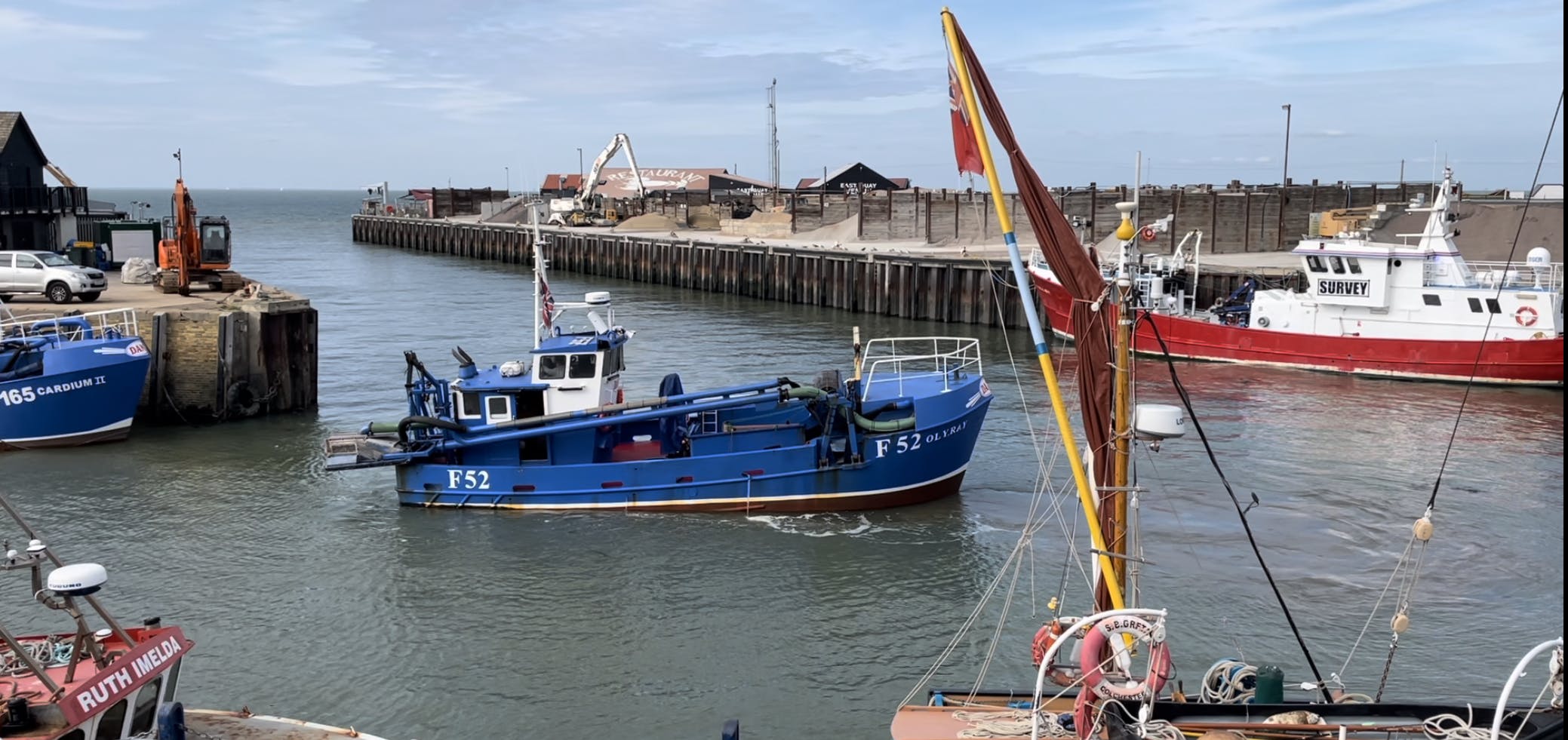Last week Defra announced that mandatory Biodiversity Net Gain (BNG) legislation , which was approved as part of the 2021 Environment Act and due to come into law this November, will now be delayed until January 2024.
This law will require most large housing, commercial, and infrastructure developments to deliver a 10% minimum improvement in biodiversity on the land they build on or pay for biodiversity improvements at nearby off-site locations. At present, developments are only required to demonstrate no net loss of biodiversity.
This legislation will be instrumental in bringing about widespread benefits to both nature and society. The recently published State of Nature report shows the UK is still one of the most nature depleted countries in Europe, with a 19% decline in UK wildlife since 1970 and 1 in 6 species in the UK now at risk of extinction. In addition, more than one third of the population are unable to access green places near their homes, thereby missing out on the numerous proven mental and physical health benefits of spending time in nature. Green spaces also have a natural cooling effect, reduce flood risk, create sound and pollution barriers, store carbon, and support pollinator populations. Therefore, by requiring developers to integrate biodiversity into their plans, we will create more communities in which both people and wildlife can thrive together.
In the midst of a series of government decisions to weaken environmental strategy, this delay raises concerns around the future of BNG and has fuelled uncertainty around emerging natural capital markets. However, it is not entirely unexpected, and appears to reflect previous delays in the release of appropriate secondary legislation, guidance, and templates from Defra, which is essential in helping planning officials prepare for the mandate. With these materials to be published in November, the three-month delay will allow sufficient time to embed national legislation and guidance into local processes to allow for more effective and organised implementation from January.
Irrespective of government announcements over the last four years, we have been developing Kent’s BNG mechanism, influencing stakeholders, and securing agreements within the industry. Despite not being mandatory at present, there is a genuine demand to establish more environmentally friendly development practises, and a BNG process is already well established in Kent. The placement of BNG policy in the Natural Environment and Rural Communities Act, the National Planning and Policy Framework, and many current and emerging Local Plans give Local Planning Authorities all the mandate they need to operate local BNG policies. We are already working with many Local Planning Authorities across Kent to integrate a 20% BNG minimum requirement into Local Plans, a move designed to feed into Kent’s Local Nature Recovery Strategy. We also have been working with several developers who are already offering 10% or even our recommended 20% BNG on their sites on a voluntary basis. This year we have coordinated several BNG deals, and are acting as S106 responsible body for a growing collection of contracts that are already delivering gains on the ground.
Last week marked the first in a series of training days, workshops, and round tables we will be delivering for developers, planning officers, and landowners in the South East to help upskill and prepare the sector for BNG. Thursday's event saw our Associate Director and CEO of Digital Ecology, Dan Carpenter, delivering a free interactive full day crash course for Local Authority planning officers to develop the skills and knowledge required to understand, interpret, and process BNG documentation.
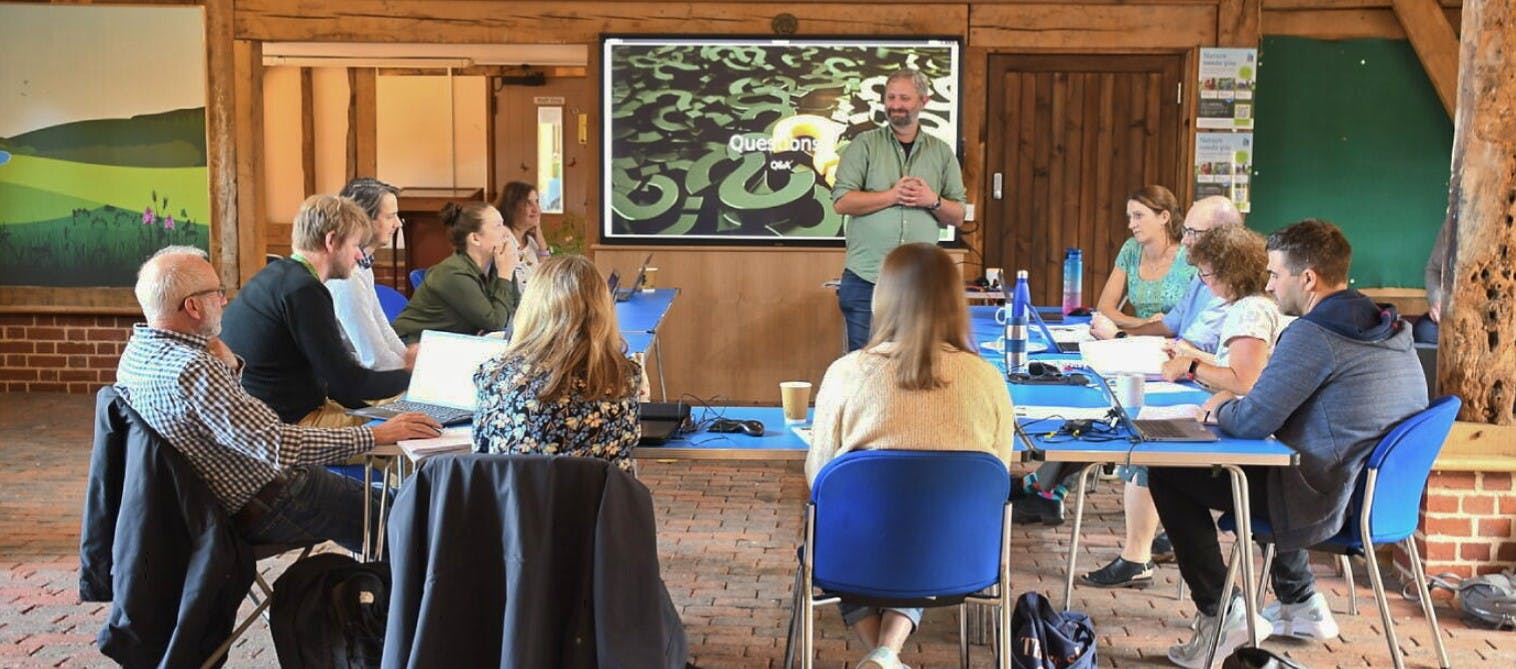
In addition, this month we will be establishing a BNG portal on our website, which will show the sites available to purchase high integrity BNG offset units in Kent, including those on Kent Wildlife Trust reserves. Our BNG offset solutions are carefully designed to support local conservation objectives and feed into Kent’s Local Nature Recovery Strategy, creating a network of joined up, high quality habitats that allow nature to recovery and thrive for decades to come.
Meanwhile, our colleagues at Kent Wildlife Trust are working with KCC to develop Kent's Local Nature Recovery Strategy (dubbed Making Space for Nature in Kent and Medway), as well as a register of BNG offset sites across Kent which is expected to go live in November.
To summarise - nothing changes in terms of our approach to BNG. We will continue to push for 20% minimum BNG for developments in Kent, and to work with developers, landowners, the land agent BTF, and planning authorities to make this happen. If you would like to know more about upcoming events, training or available BNG sites, please fill out a contact form to join our mailing list to be the first to hear about them.
